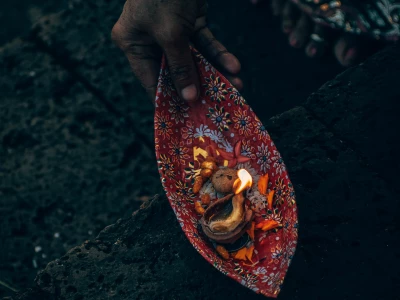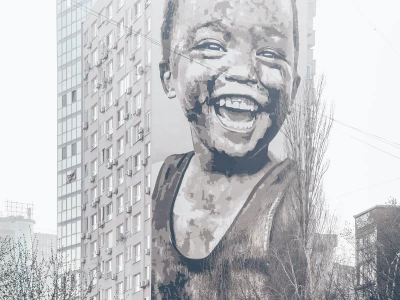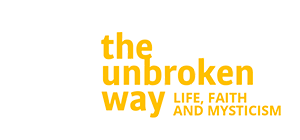Share this article
Living With Suffering
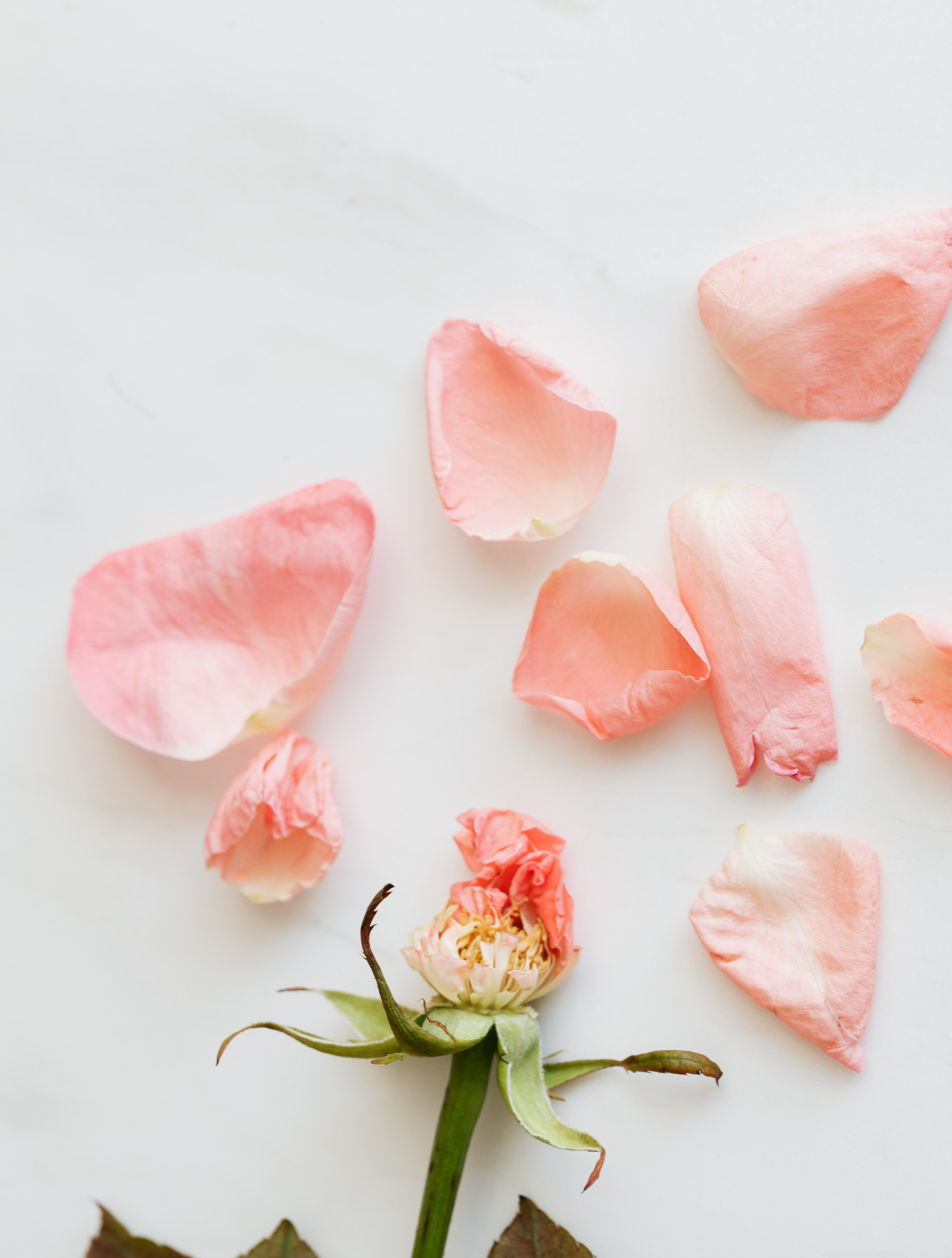
Losing Meera Thérèse - A Short Story:
I was in a daze. It was a late morning in August 1999, and the near-empty Merrion Square Park in central Dublin was like a reflection of my inner emptiness. I felt hollow inside. My late wife, Cushla and I stopped for a while and watched the birds walking about on the paths and foraging away regardless. In my eyes, there was a lonely bleakness surrounding them. There they were, it seemed to me, pecking away in a meaningless universe.
The park is across the street from The National Maternity Hospital, where, the day before, Cushla had miscarried. We had lost our only baby, a girl, who we later named Meera Thérèse. After leaving the hospital, we felt too sad to head home straight away, so we took a shortcut through the park on the way to one of our favourite restaurants, in the vain hope of finding some solace.
The empty numbness remained with me, on and off, for about seven years. It was partly because of the loss of potential—not seeing our baby girl grow up or what might have been.
A few months after her miscarriage, Cushla told me that she had heard a clear inner voice telling her that Meera Thérèse was ‘too good for the world.’ We knew it didn’t mean our daughter was superior to others. And yet, for some reason, which I probably won’t understand until we meet again, Meera Thérèse wasn’t supposed to live on this earthly plane. We also both had a remarkably lucid dream on the same night, which confirmed that she was a holy and enlightened soul. In the dream, she was standing between us, holding our hands, and teaching us, her parents, how to cross a busy road.

'Only the wounded understand the agonies of the wounded. ….only the jeweller knows the value of the jewel.'
— Excerpt from the poem, I am mad with Love by Meera (Indian Mystic, 1498-1546)
Even in the middle of the dream, I sensed the road was a metaphor for life ⸻what Meera Thérèse was really doing was showing us how to live a good life. She was about twelve years old, beautiful, with an elfin-like face, like her mother’s. She seemed an artistic type, ethereal looking with big eyes and wild curly hair. We could tell that, in a spiritual sense, she was much more advanced than we were. She didn’t talk—she was smiling and communicating with us telepathically as she looked up into our eyes with love. Meera Thérèse was telling us that she would always be with us, now and forever.
Navigating Through Suffering: Five Key Lessons
Quite a lot can go wrong in a lifetime: At age 33, Cushla developed a mysterious and debilitating illness that lasted for 17 years. We lost Meera Thérèse, and eight years after that, Cushla, was diagnosed with cancer, which she succumbed to the following year.
After all that she endured, you couldn’t be faulted for thinking that she would have been despondent, but the opposite was the truth: she was the happiest and most hopeful person I ever met. I learned from her that it’s not external events that make us happy or miserable. It’s our inner life and beliefs that matter, affecting how we view the world and contributing to our well-being and happiness. Here are five other key lessons I learned from her which helped me cope with suffering:
1. Change Your Perspective
Up to my mid-forties, one of my core unconscious beliefs was that suffering was an anomaly: there may be bumps on the road, but everything would always turn out to be rosy in the end. But, when life got much harder, with a seemingly never-ending series of setbacks, the script I had written for Cushla and myself began to fall apart.
‘When will things get better,’ I whined to Cushla whenever I thought I had my fill of suffering. I would blame others, indulge in self-pity or distract myself. My human nature was hard-wired to run to pleasure and away from pain. If I felt bad, I usually tried to make myself feel better instantly. But none of these diversions ever worked in the long run.
I could see, though, that Cushla, who had endured many more trials than I did, was, nonetheless, serene and joyful. I wanted what she had. Inspired by her beliefs, I started on my journey of trusting more in God. As my faith grew, I began to slow down. It was then that I could see, clearer than any time in my life, that I wasn’t the only one having to undergo suffering and that almost everybody I knew had, at one time or another, a lot of adversity in their lives.
All the great religions have acknowledged that life is full of suffering. From what I can see, much of the time, life is challenging for most people. If we’re lucky not to have endured long-term illness or experienced too many traumas, we have to deal with everyday irritations and disappointments:
Things go well for a while. Then sooner or later, something or someone spoils the good times. Some take suffering personally, but none of us can avoid it. It’s part of life. Cushla knew this instinctively, even as a child. Eventually, when I accepted this truth, I endured setbacks with much more equanimity.
2. Lean Into Your Pain
‘Try to stay with it for twenty minutes. If you can’t do that, try three minutes and if you can’t do that, try for one minute. You can bear almost anything for one minute,’ Cushla would say, trying to help me when I felt life was intolerable. It was the same advice she gave me whenever I felt fearful. She knew that rejecting any negative feelings makes them stronger. Being such a highly developed soul, she not only didn’t flee from her crosses, but she always embraced them. I’m not quite there yet, but instead of spinning like a top, distracting myself or telling all and sundry how I feel, I have learned to stay with my pain.
Leaning in and making friends with my suffering was the first step to easing my emotional pain. Instead of running away, I have learned to bring more focused attention to the unpleasant sensations in my body and tell myself, ‘Whatever you feel at this moment is completely okay.’
Julian of Norwich, the renowned 14th-century Christian mystic and theologian, knew that every element of creation — even suffering — is infused with a divine spark. So, by leaning in and trusting God, we let Him do what He needs to do. We may not feel it at the time, and it might take a long time, but someday, we might even grow to view our suffering as a gift.
Pema Chodron, an American Buddhist nun, gives a Buddhist perspective: ‘The next time you lose heart, and you can’t bear to experience what you’re feeling, you might recall this instruction: change the way you see it and lean in. Instead of blaming our discomfort on outer circumstances or on our own weakness, we can choose to stay present and awake to our experience, not rejecting it, not grasping it, and not buying the stories that we relentlessly tell ourselves. This is priceless advice that addresses the true cause of suffering—yours, mine, and that of all living beings.’
3. Reframe Your Suffering
‘You were blessed to have had Cushla in your life for twenty-seven years,’ the voice said. It was twelve months after she died, and I had been walking through my local park when out of the blue, I heard a distinct inner voice. At the same time, my view of reality was somehow expanded. To some extent, I was given the grace to comprehend what the message meant from a heavenly perspective. I fully understood and accepted that I could look at my circumstances in a positive light. In fact, I was in such an enlightened state that I had woken up to the reality that I wasn’t even entitled to my next meal, never mind that I would be blessed with such a miracle and gift in my life for twenty-seven years. I also understood in my soul that it didn’t have to be that way. I may never have met Cushla.
One of the skills to help us develop as mature, resilient individuals is what psychologists call reframing. When we choose to see things differently, we reframe the situation. Put another way: if we change our perspective on any given situation, the facts remain the same, but a deliberate shift is made in how we see it. As we shift our thinking about our experience, there is a change in emotional tone and the meaning we give to our life circumstances. We can choose to move our experience from a negative frame to a more hopeful one and may even learn to be filled with gratitude for the painful times in our lives.
Reframing also helps us gain perspective. When our troubled, painful experiences are framed by recognising that countless others have undergone similar hardships, the blow is softened.
I can grumble with the best, but, over the following years, when life presented me with trials, I was able to say to myself: ‘Why not me?’ Asking myself that existentialist question went some way in alleviating my pain and reducing any tendency I had to indulge in maudlin self-pity. However, that approach to reframing only goes so far when it is merely understood intellectually. We need to know that we are not on our own at an emotional level. When Cushla died, I felt drawn to people in similar circumstances and didn’t hesitate to attend weekly meetings at local bereavement groups. These meetings helped me internalise the belief that I wasn’t on my own when it came to grieving. I especially understood this fact of life when attendees shared their own stories. Somehow, what they said lessened my anguish even more so.
4. Take A Spiritual Perspective On Your Suffering
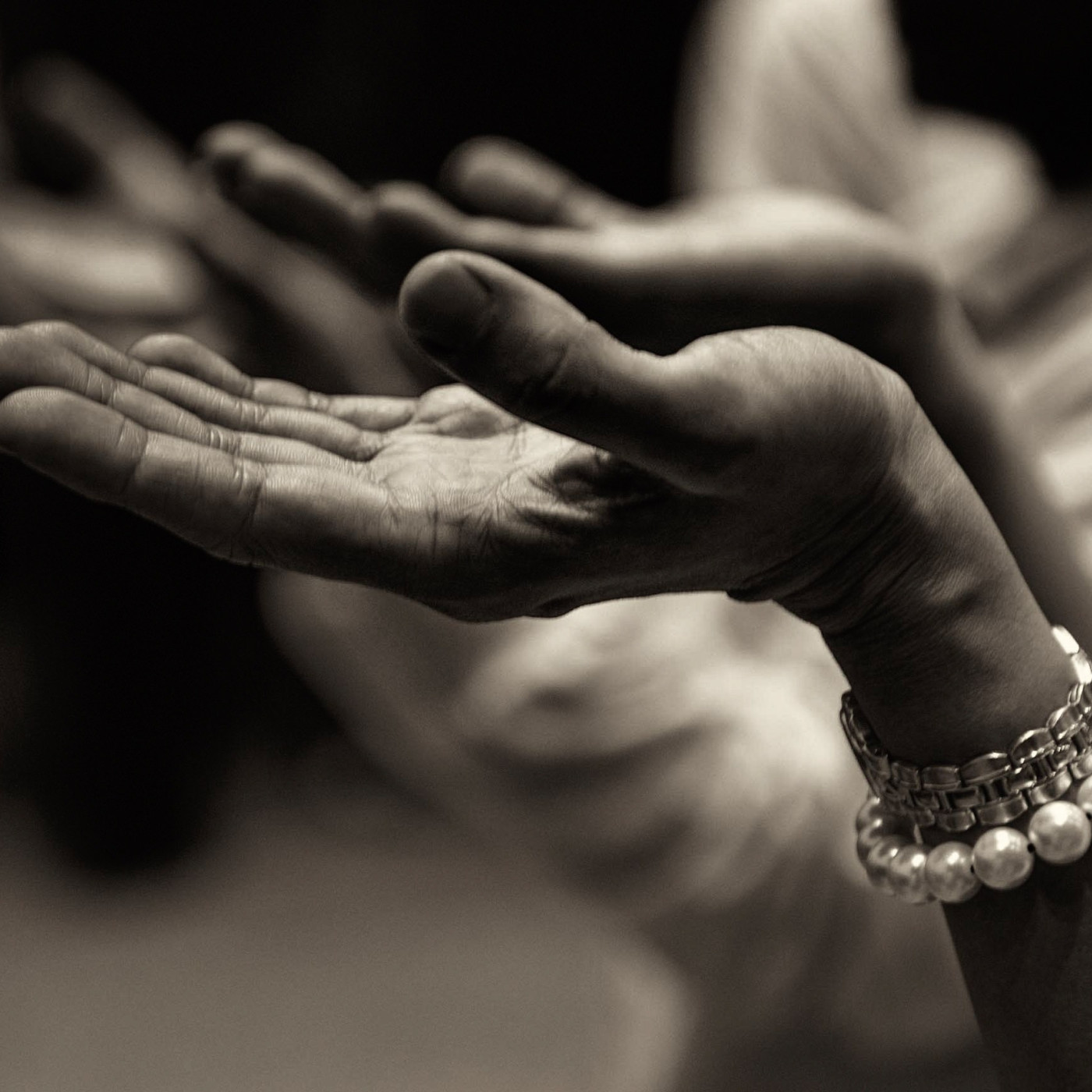
'Suffering, great as it may be, is only for a time in the eternal scheme of things.'
Julian of Norwich, 14th-century Christian mystic
Without a doubt, the single most significant factor that alleviated my grief after Cushla died was my faith. I couldn’t have kept going if it wasn’t for the legacy Cushla left me. Because of her example and the spiritual roots she had planted in me, I could withstand the greatest storm of my life. I had learned from her that spiritual devotion produces peace, serenity, and forbearance.
Spiritual work didn’t come easily to me, but my memories of Cushla’s diligence and climbing the spiritual peaks despite her illness kept me going. I would have been completely desolated otherwise. When I needed direction, I would ask her, ‘What do I do now, Cush?’ Then, in my mind’s eye, I’d see her smile and know what to do. When she was alive, she inspired me with her spiritual and religious discipline. So, why wouldn’t she now? To me, she was still alive, albeit she was in another dimension.
I continued to do what we had always done together ⸻all the regular praying, reciting my mantram, meditating and receiving the sacraments gave me the strength to endure the worst storm of my life. Sitting in church, I didn’t feel alone in my suffering. I’d look at Jesus on the Cross and realise that He suffered too. Paradoxically, after meditating on Christ’s suffering, my thoughts would gradually grow lighter and more optimistic.
As my spiritual work increased, there was a corresponding strengthening of my faith: I knew I’d see Cushla, Meera Thérèse and all my loved ones again. Also, contemplating eternity gave me perspective on my pain.
5. Keep Going
If You’re Going Through Hell, Keep Going
⸻Winston Churchill
Despite suffering deep anguish after Cushla died, I had faith that my grief would ease one day and that I’d eventually find a new purpose and meaning in life. In the meantime, I took one day at a time. I wasn’t able for new projects or to make plans, but I could put one foot in front of the other: I got out of bed early, said my prayers, meditated, tidied the house, went for walks, met friends for coffee and a chat, cooked comforting but nutritious meals as well as taking care of a myriad of domestic duties.
Nowadays, when I look back, I know it was my faith that got me through those bleak times. In his book, The Purpose Driven Life,Rick Warren writes: ‘Faith doesn’t always take you out of the problem ⸻faith takes you through it. Faith doesn’t always take away the pain. Faith gives you the ability to handle the pain. Faith doesn’t take you out of the storm. Faith calms you in the midst of the storm.’
Share this article
Categories
in your inbox

Suffering


